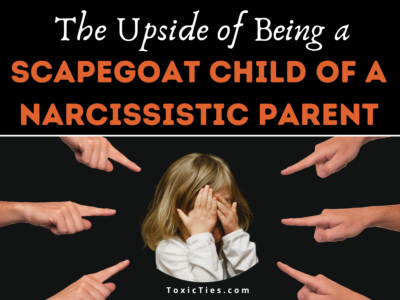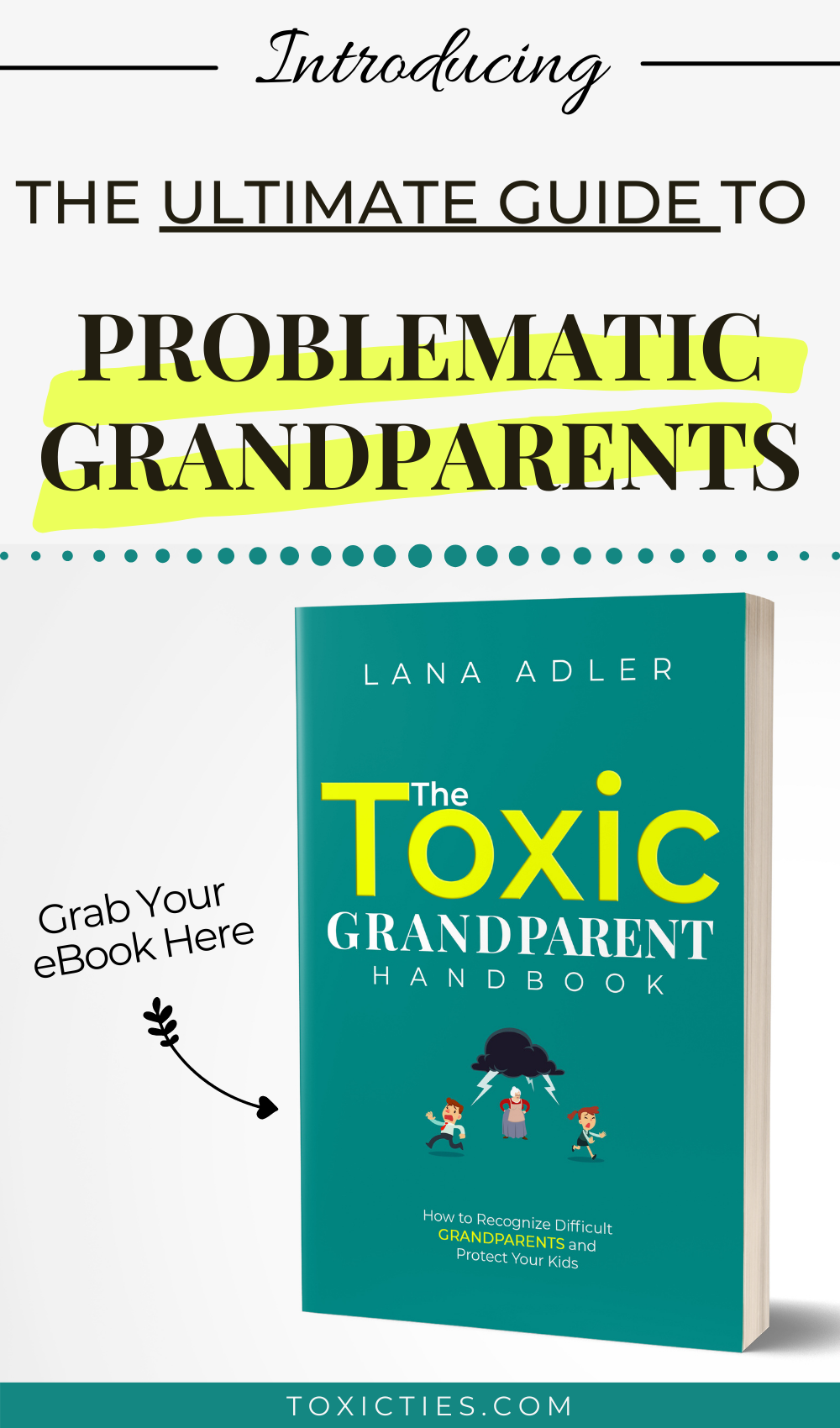Are you curious about what narcissism is? You’re not the only one. In recent decades, it’s become a cultural phenomenon. So here are the most frequently asked questions (FAQs) about narcissism.
What Is Narcissism?
Narcissism, or narcissistic personality disorder (NPD), is a pattern of grandiosity, a need for admiration, self-centered thinking and behavior, and a lack of empathy for others.
If someone you know has narcissistic traits, it doesn’t necessarily make them a narcissist in a clinical sense.
To be diagnosed with an NPD, they must exhibit five or more of the following symptoms:
- A grandiose sense of self-importance
- Preoccupation with fantasies of unlimited success, power, brilliance, beauty, or ideal love
- A belief that one is special and can only be understood by other exceptional people
- A need for excessive admiration
- A sense of entitlement (to special treatment)
- Exploitation of others
- A lack of empathy
- Envy of others or the belief that one is the object of envy
- Arrogance (Diagnostic and Statistical Manual of Mental Disorders (DSM).

What Is the Main Characteristic of a Narcissist?
It may seem that arrogance is the defining characteristic of a narcissist. But in fact, it’s the split between their projected, false self and their true, deeply fragile self.
Behind their superficial charm, bravado, and arrogance the narcissist feels worthless and vulnerable to the slightest criticism or disapproval.
That’s why the second they feel under attack — whether it’s real or imagined — they hit back with vicious and unapologetic brutality.
Can Narcissism Be Healthy?
We’re all familiar with the term “healthy ego.” It refers to a healthy degree of self-confidence and regard for one’s own needs.
Healthy narcissism can be understood in the same way. We’re all narcissistic or self-centered to a degree. That’s healthy narcissism.
Not only that, but some narcissistic traits can even be advantageous. For example, narcissists often display leadership abilities, extraversion, and a drive to succeed.

What Are the Two Basic Types of Narcissism?
Narcissists fall into two general categories: grandiose narcissists and vulnerable narcissists.
Grandiose narcissists have an intense need for admiration, a belief in their uniqueness and superiority, and a strong sense of entitlement. They think of themselves as the crème de la crème of the human race, and they expect to be treated as such.
Vulnerable (or covert) narcissists also crave admiration and praise but in a much more subtle way. They are plagued by feelings of inferiority and shame. They are also quite neurotic.
Covert narcissism is less understood and studied because it’s less visible. A narcissist of this kind typically stays “behind the scenes” for fear of criticism or rejection, or habitually plays the victim. But secretly these people harbor fantasies of grandiosity and fame.
What Causes Narcissism?
The scientific consensus is that narcissism originates in childhood as a maladaptive response to an unmet need or trauma.
If we understand narcissism as a pathological need for admiration, it’s not much of a leap to hypothesize that people who felt neglected or “invisible” as children may have an exaggerated need for attention later in life.
Research shows a link between narcissism and adverse childhood experiences such as neglect, maltreatment, maternal favoritism of the other sibling, as well as physical and sexual abuse.

Do Narcissists Love Their Children?
That’s a tricky question. Are they capable of love? Yes. But their love is always conditional, one-sided, and self-serving.
Narcissists can’t empathize with others, which makes any interpersonal relationship challenging. Unfortunately, this doesn’t change when narcissists have children.
They may support one child more than another, but they don’t truly love either one. The narcissistic parent sees their child as an extension of themselves, not an individual worthy of love and respect.
Related: 6 Types of Parents Who Don’t Love Their Children
Are Narcissists Happy?
If you ever dealt with a narcissist, you know they’re not the cheery, happy-go-lucky kind.
Contrary to their carefully maintained appearances, narcissists are deeply unhappy. While they might seem satisfied with themselves, they are never truly satisfied.
That’s because, underneath it all, they don’t like who they are. And because their overblown expectations of how they should be treated never match the reality.
Are Narcissists More Successful Than Others?
We’ve all heard about narcissistic CEOs and authoritarian rulers who’ve created or facilitated cults of their personality (Stalin, Hitler, Mao Zedong, etc.).
Then you have world-famous celebrities who also tend to be narcissistic. Many of them were driven to fame by a belief that they’re special, and a deep need for love and admiration.
It may seem like narcissism is a valuable asset when it comes to success and achievement. But this is a misconception.
Only 5% of CEOs are narcissistic. The majority of successful CEOs (60%) are actually characterized by humility.
Studies show that leaders with narcissistic traits negatively impact the work environment, and their decisions are often ineffectual. That’s because narcissists have a hard time incorporating negative feedback and learning from their mistakes.
So while a narcissist may achieve initial success, they often can’t succeed any further due to an inability to learn and grow.
I Think My Child is a Narcissist. How Do I Know For Sure?
All children are narcissistic in that they are completely self-centered. It’s normal and usually goes away as they mature and learn to consider the feelings and desires of others.
Typical adolescents also display narcissistic traits, which can drive any parent nuts. But you can find comfort in the knowledge that, again, the likelihood of your teen developing NPD is extremely low. It shall pass!
Narcissism as a disorder usually manifests in young adulthood (the early to middle 20s). So if your child is younger than that, most likely they are not narcissists. They are just going through a developmental stage.

Can Narcissism Be Cured?
If someone can be cured of a multiple personality disorder, then it may be possible to be cured of a narcissistic personality disorder.
That said, in most cases, personality disorders can only be managed and not necessarily “cured.” Long-term psychotherapy (and possibly medication) is a treatment of choice in most cases.
The two psychotherapeutic approaches that are typically used to treat narcissism are Otto Kernberg’s object-relations approach and Heinz Kohut’s self-psychology approach.
In some cases, psychiatric medication can be prescribed to target some of the symptoms narcissists often experience, such as depression, anxiety, poor impulse control, etc.
Do Narcissists Get Better With Age?
If you grew up with a narcissistic parent or another relative, you might be wondering: Do toxic parents get better in old age?
Overall, narcissism remains stable over time. But there’s some evidence of a modest improvement with age.
Studies show that narcissistic traits like hypersensitivity to criticism and condescension decline as narcissists get older.
“You’re almost an entirely different person when you’re older — and thankfully, most people [seem to] become less narcissistic.” — Mark Travers, Ph.D.

Are Narcissists More Likely to Cheat?
Research says: yes. According to a study of 107 married couples, people with narcissistic traits are likely to cheat on their spouses in the first year of marriage.
Other studies show that narcissists are likely to have commitment issues, leading to marital problems, infidelity, and relationship dissatisfaction.
And it’s no surprise. Any relationship requires compromise, adjustment, and a willingness to learn and grow together. If you’ve ever had a narcissistic partner, you know that’s not how they operate.
Any sign of trouble in paradise — and the narcissist is out the door, seeking a new victim to charm and discard.
What’s It Like to Date a Narcissist?

Dating a narcissist can be a real roller-coaster.
In the beginning, they will shower you with attention and adoration. They will make you feel beautiful, incredible, and special. They’ll put you on a pedestal and give you some of the most romantic, euphoric moments of your life.
They will “mirror” your interests and opinions so you feel like you have so much in common, and this is all very much “meant to be.” They will also move fast, saying “I love you” or even proposing pretty early on in a relationship.
When they feel like you’re sufficiently “hooked,” they’ll start the abuse, a.k.a. the devaluing phase.
What Should I Do About a Narcissistic Family Member?

A narcissistic sibling, parent, grandparent, or other family member poses a special problem because cutting them out of your life isn’t always an option.
Like any narcissist, they have a toxic interpersonal style that makes them hell to deal with. And whenever they’re confronted about their ways, they tend to play the victim and escape taking any responsibility.
If you have someone like that in your family, brace yourself. While they’re in your life, they will always cause drama, spread lies, and initiate conflicts they’ll blame someone else for.
So the best thing you can do is limit your exposure to them as much as possible, exercise emotional distancing when you’re around them (the grey rock method), and try not to get sucked into their toxic shenanigans.
For more on the subject, read How to Deal With a Difficult Parent: 7 Strategies to Keep Your Sanity
Can I Talk to a Narcissist About Their Behavior?
Yes, you can. But avoid coming from an accusatory position. That will only cause the narcissist to activate their defenses and strike back.
Here are a few things you can do if you’re trying to talk to a narcissist about something they’ve done.
- Ask clarifying questions.
- Use humor. It helps to entertain them a little.
- Separate the behavior from the person.
What Types of Narcissists Are There?
| Type | Description |
|---|---|
| Classic (High-Functioning, Exhibitionist, or Grandiose) Narcissists | Classic narcissists are what most people think of when they hear the term “narcissist.” These are the attention-seeking narcissists who brag about their accomplishments, expect others to flatter them, and feel entitled to special treatment. |
| Vulnerable (Fragile, Compensatory or Closet) Narcissists | Vulnerable narcissists still feel as if they are superior to most people they meet. However, they actually despise the spotlight. They prefer to attach themselves to special people instead of seeking a special position themselves. |
| Malignant Narcissists | Malignant narcissists often have a sadistic streak that makes them different from the other two major types. Their primary goal is to dominate and control, and they will use deceit and aggression to accomplish it. They also lack remorse for their actions. |
| Overt Narcissists | Both overt and covert narcissists may put people down, boast, and look for opportunities to take advantage of people. However, overt narcissists are more outwardly aggressive. |
| Covert Narcissists | Covert narcissists work behind the scenes and are more passive-aggressive than openly aggressive. |
| Somatic Narcissists | This sub-type does not want to be outshined by their partner. But they do want someone around who enhances their status. To them, their partners are assets they can show off. |
| Cerebral Narcissists | Cerebral narcissists are the know-it-alls. They think of themselves as the smartest person in any room, trying to impress people with their accomplishments and positions of power. |
| Inverted Narcissists | This is a special type of a covert, vulnerable narcissist. They seek to attach themselves to other narcissists to feel special. And they’re only satisfied or happy when they are in relationships with other narcissists. |
How Many People in the U.S. Are Narcissists?
Only 0.5 percent of the general U.S. population is estimated to have NPD. However, that number is likely higher because narcissists often “hide in plain sight.”
Also, certain groups have a higher incidence of narcissism. For example, NPD is found in 6% of the forensic population, in 20% of the military population (the actual disorder as well as narcissistic traits), and in 17% of first-year medical students.
Are Millennials More Narcissistic Than the Previous Generations?

It sure seems that way! We see young people taking selfies and broadcasting every boring detail of their lives as if everyone’s dying to know what they had for breakfast! We weren’t like this, right?
Wrong. Older adults tend to view the youth in an unfavorable light, complaining that the new generation is too shallow, too weak, too selfish, etc.
However, studies show that the younger generations are no more self-focused and narcissistic than the previous ones.
The false belief that today’s youth are particularly narcissistic can be explained by a general tendency for people to become less narcissistic as they age. So every older generation sees the youth as more narcissistic than they are, forgetting that they were the same in their 20s.
Is Narcissism a Societal Trend?
Narcissism is OK in small doses but it becomes a problem when someone shows a complete disregard for other people’s feelings and needs.
So what happens when whole governments behave in narcissistic ways? Writing self-serving policies, violating agreements, and using aggression and intimidation to gain control have become a way of politics in some countries.
Narcissism can also be a cultural trend because narcissistic behavior can be learned. In other words, narcissism is contagious. In fact, social scientists now claim that narcissism has become a modern “epidemic.”
What Are the Most Narcissistic Countries in the World?
A recent report revealed which countries have a much better internal reputation than an external one. In other words, these countries have high opinions of themselves, while other nations disagree.
The difference between the internal and the external valuation is then used to determine the degree of narcissism on a national level.
Below is a list of the most narcissistic nations in the world.
| Country | Valuation Gap |
|---|---|
| 1. Russia | There’s a gigantic 40.8-point difference between Russia’s internal and external valuations. |
| 2. United States of America | The U.S. is the second-most narcissistic country in the world, with a huge 23.4-point gap between its internal and external valuations. |
| 3. Turkey | The gap between its internal and external valuations is an entire 18.8 points. |
| 4. Peru | The difference between Peru’s internal and external valuations reached 17.3 points. |
| 5. Colombia | The South American country had a 12.4-point difference between its internal and external valuations. |
| 6. Morocco | This North African country had a gap of 11.5 points between its internal and external valuations. |
| 7. Mexico | Mexico has a 9.5-point gap between its internal and external valuations. |
| 8. Chile | The country has a 9.2-point difference between its internal and external valuation. |
| 9. United Kingdom | The United Kingdom showed an 8.1-point difference between its internal and external valuations. |
| 10. Germany | Germany has an 8.1-point difference between its internal and external valuations. |
Sources
- Roberts, B. W., Edmonds, G., & Grijalva, E. (2010). It is developmental me, not generation me: Developmental changes are more important than generational changes in narcissism. Perspectives on Psychological Science, 5, 97–102.
- Buss, D. M., & Shackelford, T. K. (1997). Susceptibility to infidelity in the first year of marriage. Journal of Research in Personality, 31, 193–221.
- MedScape, “Narcissistic Personality Disorder Questions & Answers”
- PsychCentral, “In-Depth: Narcissistic Personality Disorder”
- WebMD, “What Is Narcissism?”
- Psychology Today, “Are You a Narcissist? 6 Sure Signs of Narcissism”
- Mayo Clinic, “Narcissistic personality disorder“








There was horrid domestic violence between my mother and stepfather back in the day, when I was growing up. She was so worried about keeping her man that she ignored me, and my little brother too. She however, would sabotage any relationship I developed–friendships with elderly women, neighbors, friends, and eventually even a beloved friend/boyfriend of the past. She wanted me to be close, but never built the foundation of closeness needed for that. She also transferred her hatred of her older sister onto me with envy and jealousy when I became a popular cheerleader in HS. She even called me “Carolyn” with hatred as she ripped the rollers from my hair and called me vain with the same anger and hatred. I was her daughter but she was so like the even stepmother of “Snow White.” In fact, the first psychological book I read was _The Snow White Syndrome_ and it resonated so perfectly! I did my best to parent so differently! _Your Child’s Self Esteem_ was my parenting bible! I read your Lessons article about narcissists. I believe my Mom was one…and a former lover as well! — how horrible to have to learn the lessons from narcissists!–it is true that I need better safer self-boundaries, to stand up for myself, greater self-caring, etc. etc. But isn’t there are kinder place to learn these than from narcissists???